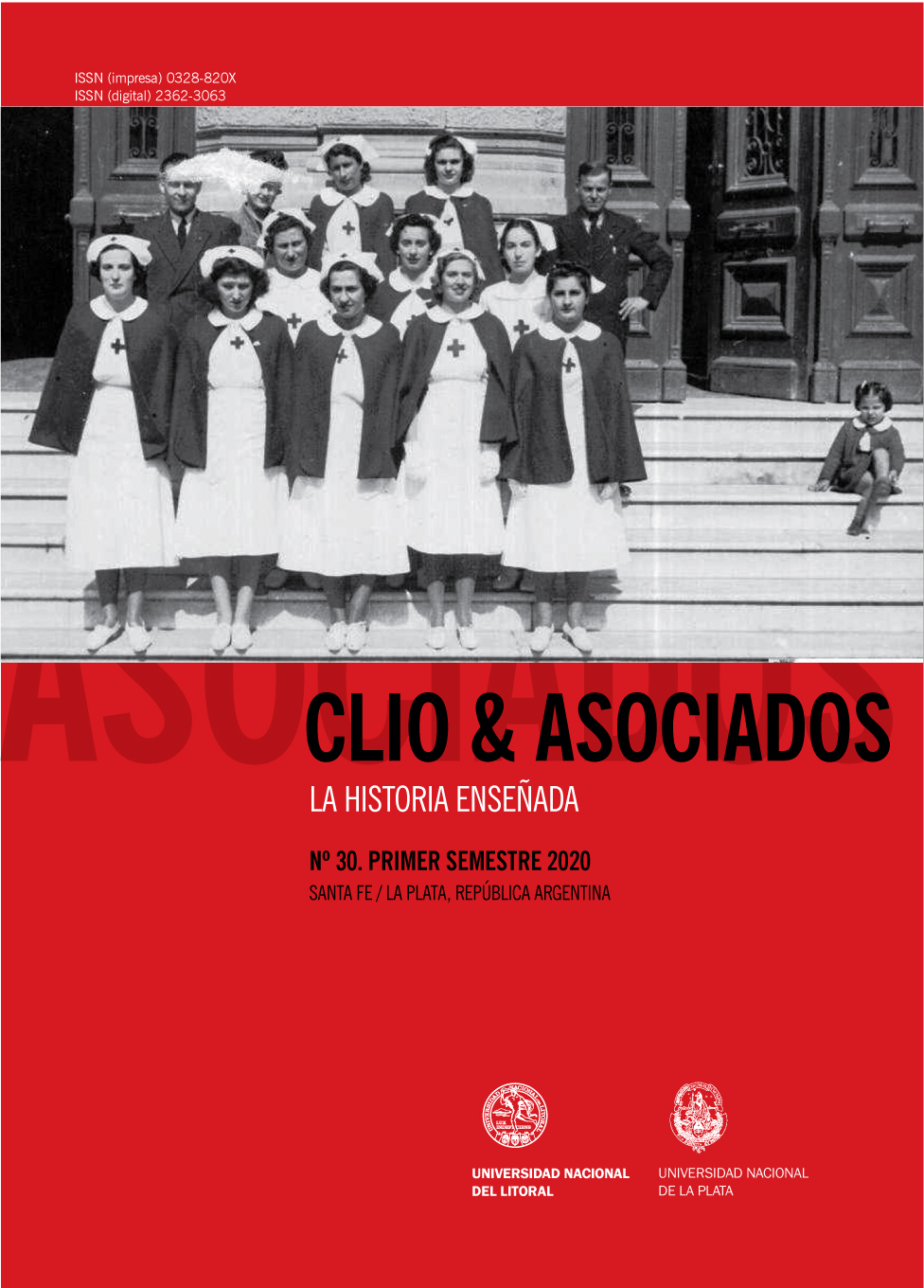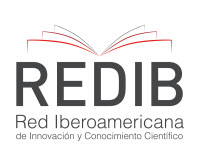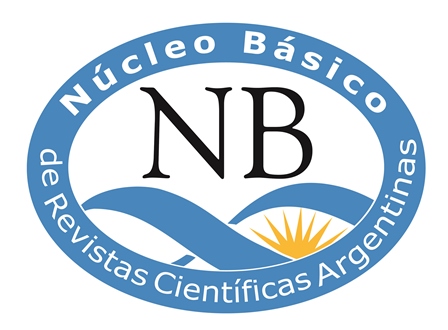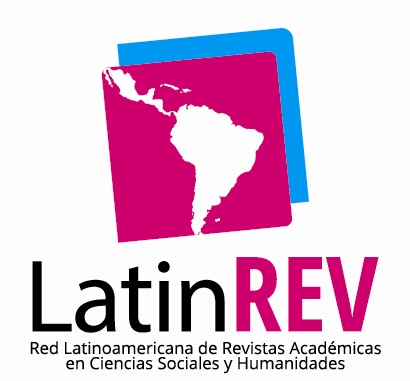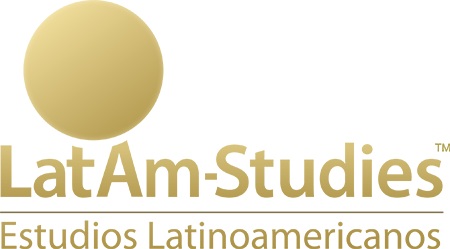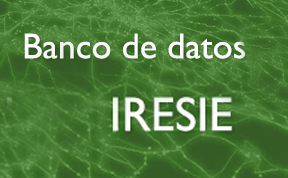The interdisciplinary approach in teaching Social and Human Sciences. Epistemological and methodological reflections
DOI:
https://doi.org/10.14409/cya.v0i30.8951Keywords:
interdisciplinarity, social sciences teaching, complexityAbstract
In everyday life, people experience social problems in an integral way, not in a fragmented way. The same does not happen in teaching. That is why it is important to promote other rationalities that make it possible to build other educational practices. Interdisciplinarity invites to establish non-hierarchical and collaborative relationships, which venture new learning opportunities, in which reflection on social problems can guide the articulation of a reality that is complex.Within this framework, the purpose of this writing is to offer -from an epistemological and methodological reflection originated in the contribution of diversity of readings and situated experiences- clues to think about an interdisciplinary approach in the teaching of social and human sciences. We recover the interdisciplinary perspective to focus on one of its components: complex thinking that is characterized, fundamentally, by being relational and undisciplined and that develops in constant reflection that allows us to make decisions, in our case, about science education social and human from social problems.
